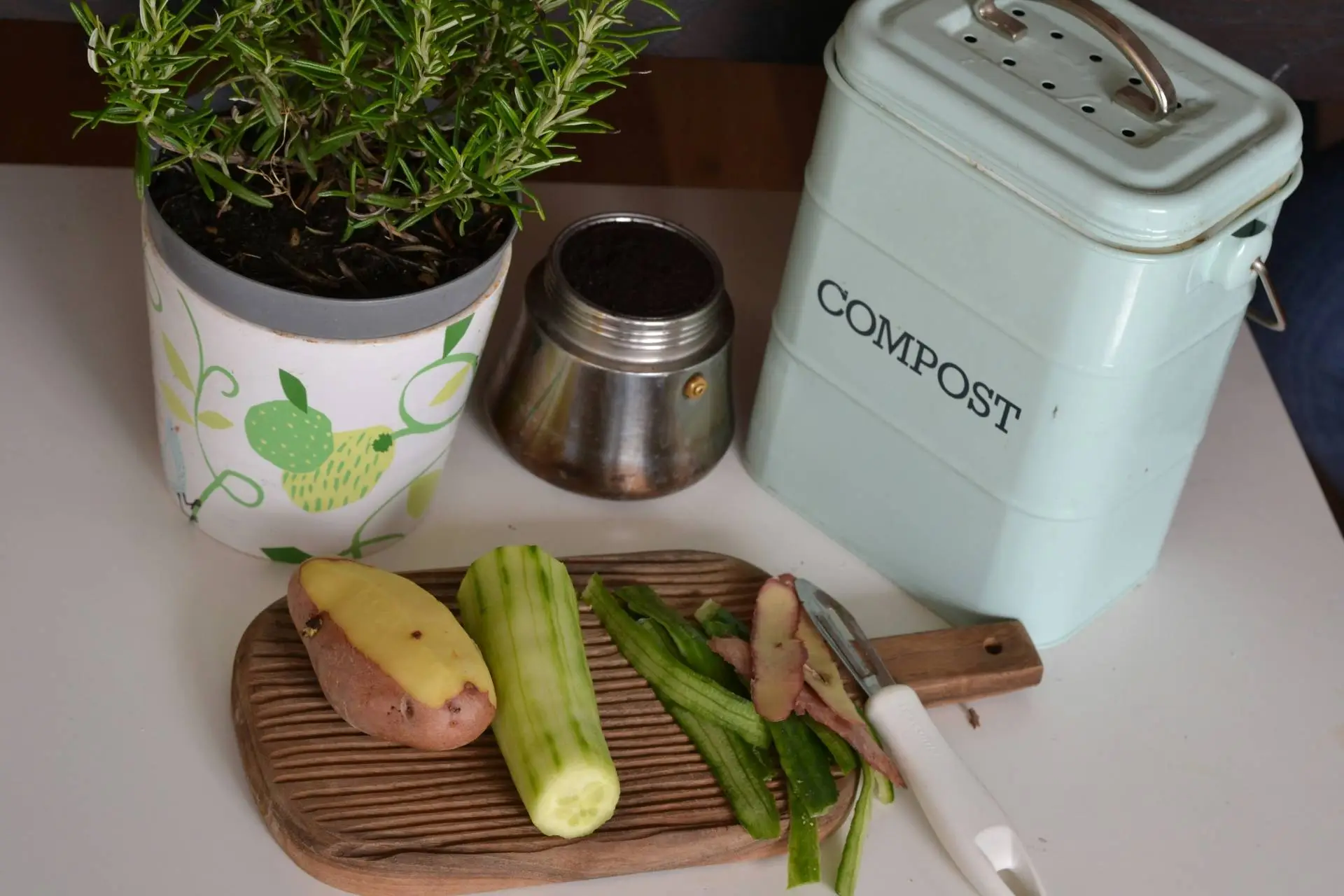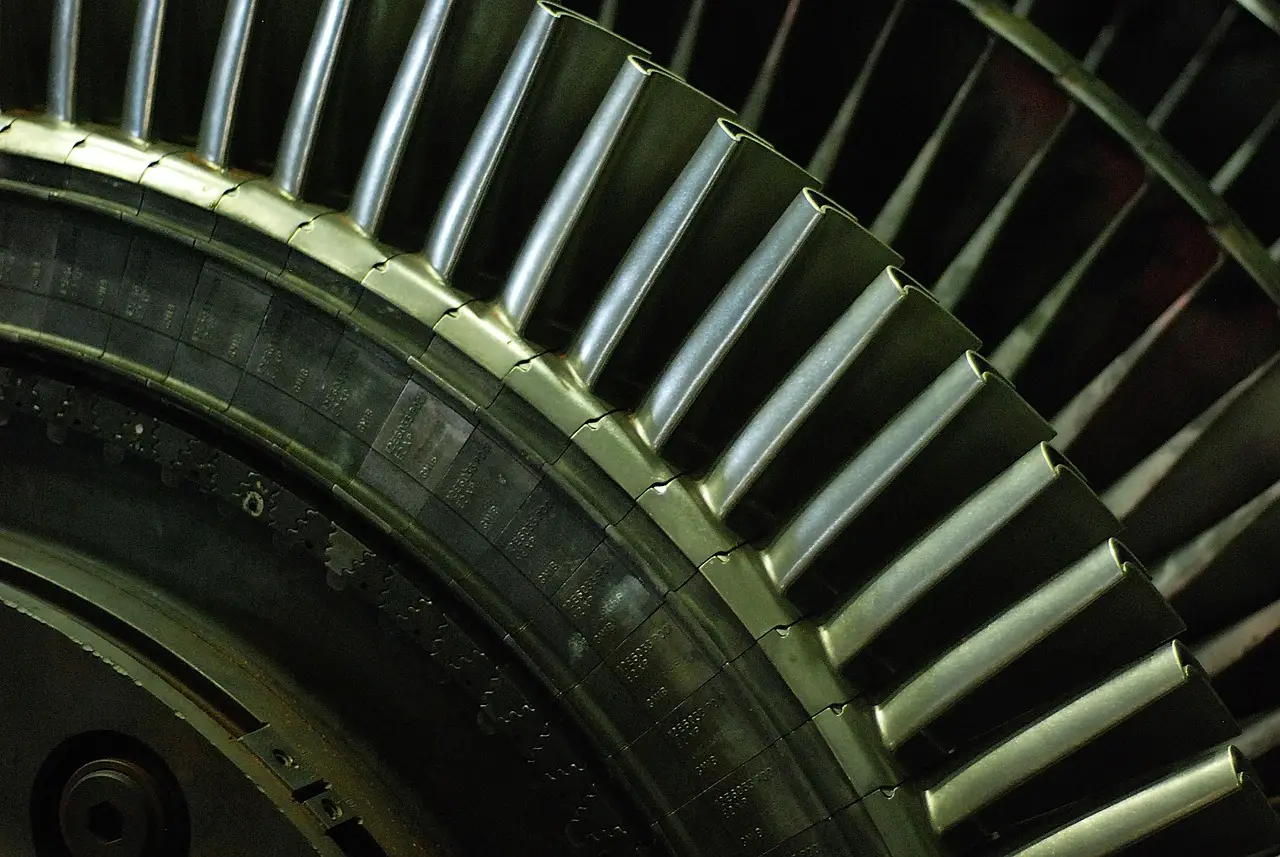The Importance of Eco-Friendly Home Improvement Projects
Eco-friendly home improvement projects are crucial for reducing your environmental impact and promoting sustainability. Implementing green practices not only helps the planet but can also enhance the efficiency and comfort of your home. These projects can lead to long-term savings and create a healthier living environment.
Enhancing Energy Efficiency
Improving energy efficiency in your home is a key aspect of eco-friendly home improvements. Here are some effective projects to consider:
Install Energy-Efficient Windows
Energy-efficient windows help reduce heat loss and improve insulation. Look for windows with low-emissivity (Low-E) coatings and double or triple glazing. These features help maintain indoor temperatures and lower heating and cooling costs.
Upgrade Insulation
Adding or upgrading insulation can significantly improve your home's energy efficiency. Insulation helps keep heat in during the winter and out during the summer. Consider insulating walls, attics, and floors to reduce energy consumption.
Use Programmable Thermostats
Programmable thermostats allow you to control your home's temperature more efficiently. Set schedules for heating and cooling to match your lifestyle and reduce energy usage when you're not at home.
Conserving Water
Water conservation is another important aspect of eco-friendly home improvements. Implementing these strategies can help reduce your water consumption:
Install Rain Barrels
Rain barrels collect and store rainwater for later use. Use collected rainwater for watering plants and gardens, which helps reduce your reliance on municipal water sources.
Use Water-Efficient Fixtures
Install low-flow faucets, showerheads, and toilets to conserve water. These fixtures reduce water usage without sacrificing performance, helping you save water and lower your utility bills.
Fix Leaks Promptly
Address any leaks in your plumbing system as soon as they occur. Even small leaks can waste significant amounts of water over time. Regular maintenance and prompt repairs are essential for water conservation.
Choosing Sustainable Materials
Selecting sustainable materials for home improvement projects supports environmental responsibility. Here’s how to make eco-friendly choices:
Opt for Recycled Materials
Use recycled or reclaimed materials for construction and renovation projects. Recycled steel, glass, and wood are excellent choices that help reduce waste and lower the demand for new resources.
Choose Renewable Resources
Select materials made from renewable resources, such as bamboo or cork. These materials are sustainable and often have a lower environmental impact compared to traditional options.
Consider Low-VOC Paints
Low-VOC (volatile organic compounds) paints are a healthier choice for indoor air quality. They release fewer harmful chemicals and are available in a variety of colors and finishes.
Simple DIY Eco-Friendly Projects
DIY projects can be a fun and cost-effective way to make your home more eco-friendly. Here are some ideas you can tackle on your own:
Create a Compost Bin
A compost bin allows you to recycle organic waste and create nutrient-rich compost for your garden. Use kitchen scraps, yard waste, and paper products to reduce landfill waste and enrich your soil.
Build a Vertical Garden
Vertical gardens save space and provide a green touch to your home. Use wall-mounted planters or repurposed materials to grow herbs, vegetables, or ornamental plants.
Make Your Own Cleaning Products
DIY cleaning products are often more eco-friendly and cost-effective than commercial options. Mix ingredients like vinegar, baking soda, and lemon juice to create natural, effective cleaning solutions.




